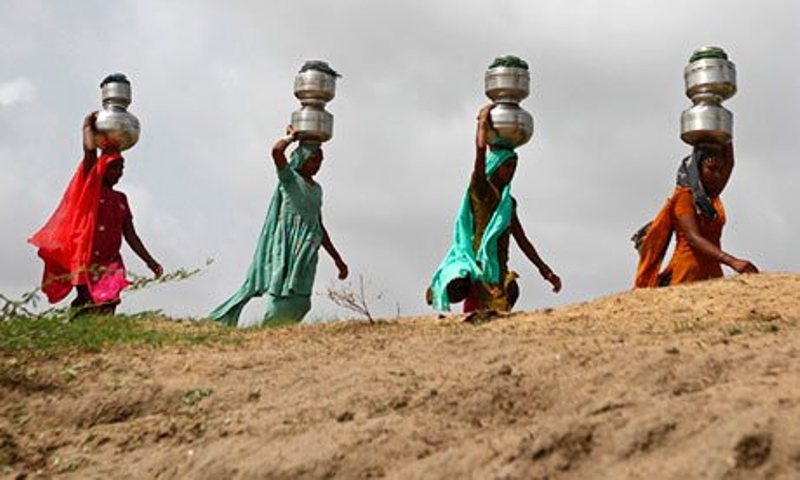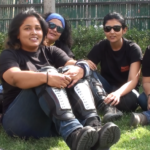#WorldWaterDay is an occasion to highlight the importance of Jal Shakti and reaffirm our commitment towards water conservation. When water is conserved, our cities, villages and hardworking farmers benefit tremendously.”


These are the words of Prime Minister Modi, on the occasion of World Water Day, observed on March 22 every year. It is a day that reminds people about not wasting one of the most important elements that sustains life on the planet. The theme for World Water Day 2018 is ‘Nature for Water’ – exploring nature-based solutions to the water challenges we face in the 21st century. The idea behind having a specific day dedicated to water, is to inspire people around the world to learn more about water-related issues and to take action to make a difference.
This day was first formally proposed in Agenda 21 of the 1992 United Nations Conference on Environment and Development in Rio de Janeiro. In December 1992, the United Nations General Assembly adopted resolution A/RES/47/193 by which 22 March of each year was declared World Day for Water. In 1993, the first World Water Day was observed.
At Centre for Social Research, we have initiated two key projects, which focus on training women in techniques and importance of Water Conservation, to ensure a sustainable environment. The Water Conservation & Climate Change Training of Trainers Program for EWRs of Rural Rajasthan, was initiated with Hans Seidel Stiflung, in 2012. This recognised the increasing impact of climate change on rural communities and the marginalisation of women from environmental management. Additionally, CSR in affiliation with The Asia Foundation (TAF) had initiated a project on Kosi River Flood Management engaging Elected Women Representatives, Frontline Health Workers and Cooperatives in Bihar and in Nepal. The project entails conducting situational analysis to understand the prevailing situation of Trans-Boundary water issue, needs assessment on further course of action, capacity building of women representatives and to enhance their leadership by targeting the problem of Kosi River between the countries.
We firmly believe that gender and environment are inextricably linked, and that the key role of women in water conservation, and its management must be leveraged. It is now a commonly accepted notion that women should play an important role in water management, and that this role could be enhanced through the strategy of gender mainstreaming. Our projects aim to do this, and we hope to achieve greater success in the field of water conservation and management.





